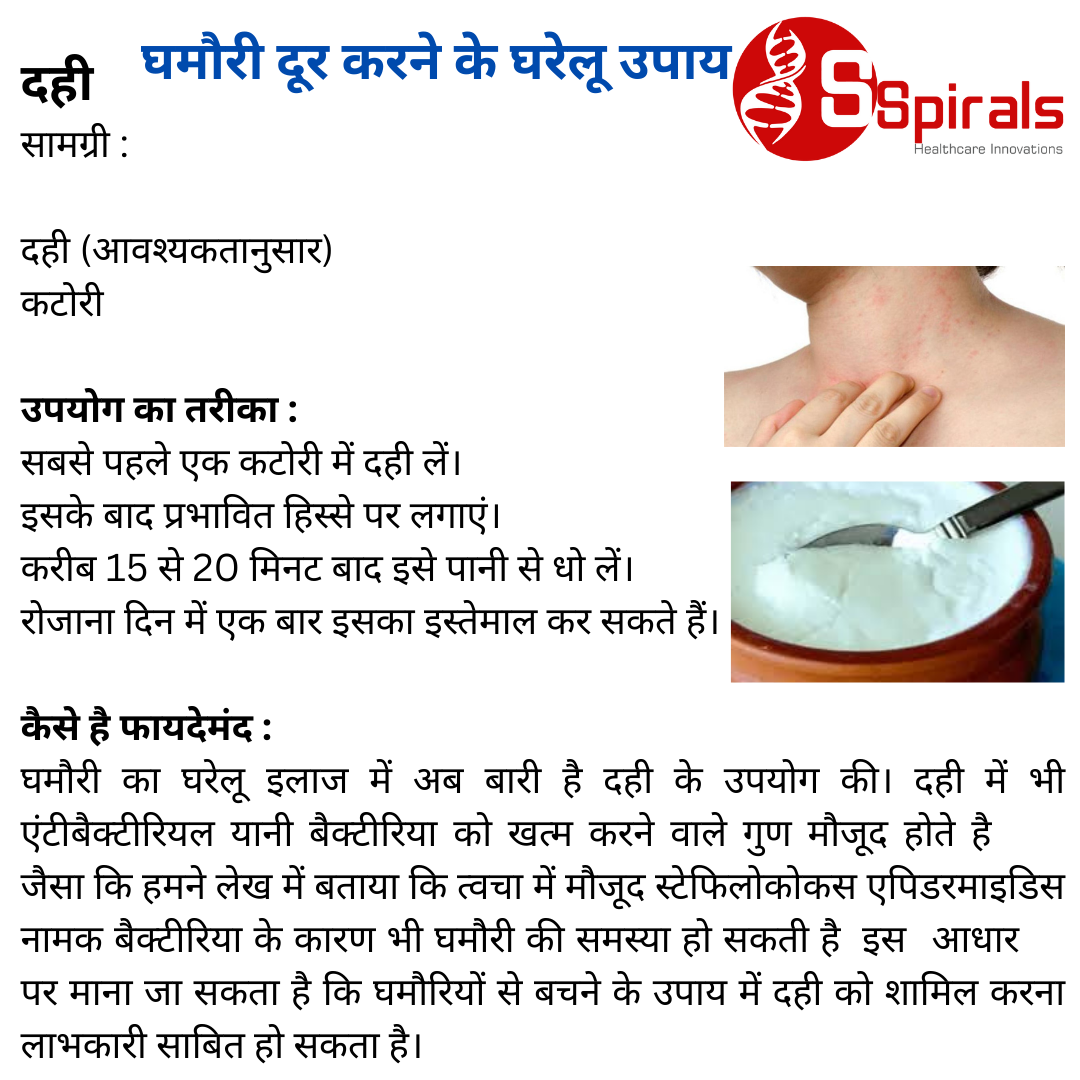Everything you wanna know about Dermatologist in Greater Kailash
What is a Dermatologist
Dermatologists are doctors who specialize in conditions involving the skin, hair, and nails. Dermatologist in Greater Kailash can identify and treat more than 2500 skin problems. These skin problems include eczema, psoriasis, and skin cancer among many others. They have the unique skills and experience to offer the best care for the skin. They see patients with the normal and deep skin problem.
When should you consult a Dermatologist?
- Acne- We all have acne problems but some people have severe acne problems. If you have acne all over your face or body and any homemade products or products from your local store aren’t helping then it is time when you should visit a dermatologist.
- Cold sores-Cold sores aka oral herpes are the results of infection of the lips, mouths, or gums. They are small, often painful blisters that show up on or around the mouth. They should go away on their own but if they don’t go or appear frequently, you should talk to your doctor.
- Dandruff- Mild dandruff can be controlled with some specialized shampoo or serum but if you have a severe dandruff problem, you should visit a dermatologist in Greater Kailash. Stress, environmental changes, and imbalance in your body can be the cause of severe dandruff problem.
- Hair loss-Hairs have a cycle of constantly growing and replacing themselves. Losing up 100-150 hairs per day is normal but if you have excessive hair loss problems and you have minimum hair growth then something is not normal and it is time to see a dermatologist.
- Skin Discoloration-Hormone changes can be the reason for skin discoloration. Sun damage, skin injuries, excess melanin, and skin cancer can also be the cause of skin discoloration. If you are experiencing any skin discoloration such as new spots or patches, you should visit a dermatologist.
- Nail problems-If you are having problems such as an ingrown nail, a fungal infection, wart, or something else, having a dermatologist look over your nails is a good thing. Nails show the signs of other body diseases like liver disease, heart conditions, anemia, or diabetes.
- Skin Rash- Skin rashes can be itchy, painful, warm to the touch, or just plain annoying. While different types of rashes can be caused by anything from sensitivity to a skincare product to a skin condition, some rashes deserve more attention. A circular rash with raised borders points out could be a sign of ringworm, a contagious (but treatable) fungus.
- Skin Aging-Your imbalanced skincare routine and habit of stay in sun and pollution without covering the face can affect your skin aging. If your skin is showing signs of aging more quickly than it should, your dermatologist can recommend you to change your daily skincare routine and ask you to adopt a healthy routine.
- Eyelash Thinning-Main reason for eyelash thinning is sleeping with your eye makeup on or being aggressive with the eye makeup remover. Sometimes the reason for eyelash thinning could be more serious such as bacterial infection, hormonal imbalance, or any disorder. If you can’t blame your beauty routine for eyelash thinning then it is time to see your dermatologist.
- Warts- Warts are benign growth that is caused by an infection of the top layer of skin. Because they are caused by infection, a wart can be infectious to others. Although they are usually harmless, if you want to remove warts or any wart is hurting or you have many of them you can see a dermatologist.
Does a dermatologist treat all kinds of skin and hair problems?
Of course, A dermatologist can treat all types of skin and hair problems. They have specialization in the treatment of skin, hair, nail, and mucous membrane disorders and disease. They can treat all kinds of skin and hair related problems. They can also treat cosmetic issues.
What Qualification a Dermatologist should have
No one has completed more training than dermatologists to treat your skin, hair, and nails. Before starting their practice, dermatologists receive more than a decade of training, including:
- Complete four years of college to earn a bachelor’s degree
- Four years of medical school to become a medical doctor
- A year-long internship
- Three years of residency, working with experienced doctors and completing 12,000 to 16,000 hours of treating patients.
Be the first to add your comment
.jpg)





_(1).png)

